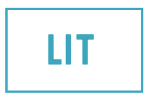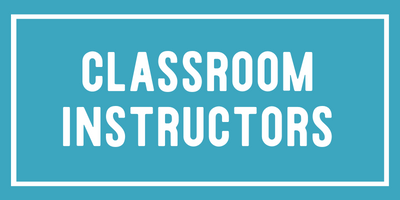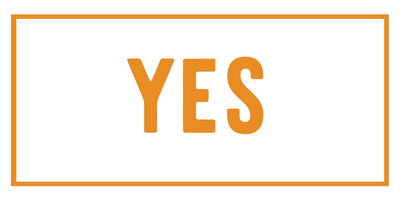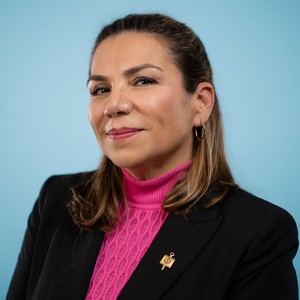About This Session
Description
Presenter will explain how this disability affects people’s ability to write legibly and how it interferes with the ability to express written language. In addition, the presenter will share strategies to help correct writing.
What we'll cover:
According to the International Dyslexia Association’s webpage, dysgraphia is defined as a specific learning disability that affects how children acquire writing, and how they use written language to express their thoughts.
Dysgraphia can be present in individuals by itself, or it can also be paired with other learning disabilities such as dyslexia or attention deficit disorder, or both. The presenter will explain why students with dysgraphia write the way they do, why there is a tendency to reverse and flip letters, and why writing is so laborious for students.
Presenter will share some strategies that can assist with helping students correct their handwriting, from understanding the connection between gross motor skills to fine motor skills needed for writing.
The presenter will further share how students first need to identify the different types of letters from capital to lowercase letters, which are the most challenging to students with dysgraphia. The presenter will share how students must first be able to list the lowercase letters in alphabetical order and then distinguish that some lower case letters are small, some are tall, and some are descending as they learn to write these letters on paper; how simple strategies can help students distinguish the difference between the b, d, p, q, m, and w.
Presenter will share why cursive handwriting is best for students with dysgraphia. In addition, presenter will share how the Learning Without Tears program is an excellent tool to help students with dysgraphia, specifically:
1. Learning Without Tears magnetic lowercase and blackboard set
2. Learning Without Tears handwriting books
3. Adaptive Chairs for ADHD students
4. Writing spacers
5. Learning Without Tears adaptive paper
The last step in writing is to take a student from correcting letter formation in writing and spelling words, to sentences, and then paragraph and essay writing.
In addition, if you suspect someone may be dysgraphic and is still attending a Texas public school, the presenter will share a letter template to request assessment(s).
Topics & Focus
Primary Topic Area

Session will also cover:


Handouts & Materials
No handouts or materials available at this time.
Audience

Level

Case study?

Promotion?

Other info:
As a special education teacher and a dyslexia coach, I have experience in using students’ learning modalities to their advantage in helping correct and learn how to read and write.
Get Texas literacy updates
Make sure you’re on our mailing list so you don’t miss any news:
- Conference updates
- Regional symposia
- Online training
- Advocacy
- …more!




